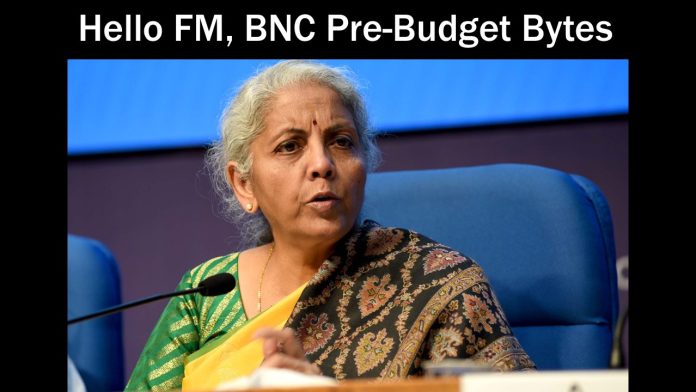Also wanted: 100% tax exemption for affordable housing
By ASHISH KUKREJA
Founder & CEO of Homesfy.in and mymagnet.io.
The Union Budget 2025 marks a crucial juncture for the real estate sector, poised at the intersection of challenges and opportunities. Industry stakeholders are pushing for bold and transformative actions to tackle high costs, improve affordability, and sustain the sector’s growth trajectory.
One key proposal is to raise the tax exemption limit on housing loans under Section 24(b) of the Income Tax Act from ₹2 lakh to ₹5 lakh. This adjustment alone could offer substantial financial relief to homebuyers, stimulating demand, especially within the middle-income bracket.
Furthermore, reintroducing the Credit Linked Subsidy Scheme (CLSS) for first-time homebuyers could play a pivotal role in advancing the “Housing for All” initiative, facilitating increased homeownership for millions.
On the supply side, reinstating the 100% tax exemption under Section 80-IBA of the Income Tax Act for affordable housing projects is crucial. This incentive, which expired in 2022, incentivized developers to prioritize affordable housing—a sector vital for meeting India’s urban and rural housing requirements. Its reintroduction is likely to reignite interest and investments in this essential segment.
In 2024, housing prices surged by 21%, and a modest increase is projected for 2025. An anticipated repo rate reduction of 50 basis points or more in 2025 will lead to lower interest rates, enhancing housing affordability.
A well-balanced budget incorporating these initiatives has the potential to breathe new life into India’s real estate landscape and significantly contribute to the nation’s journey towards its ambitious $5 trillion economy target.
By addressing affordability, boosting demand, and promoting sustainable growth, the Union Budget 2025 could establish a sturdy and inclusive foundation for the real estate sector




